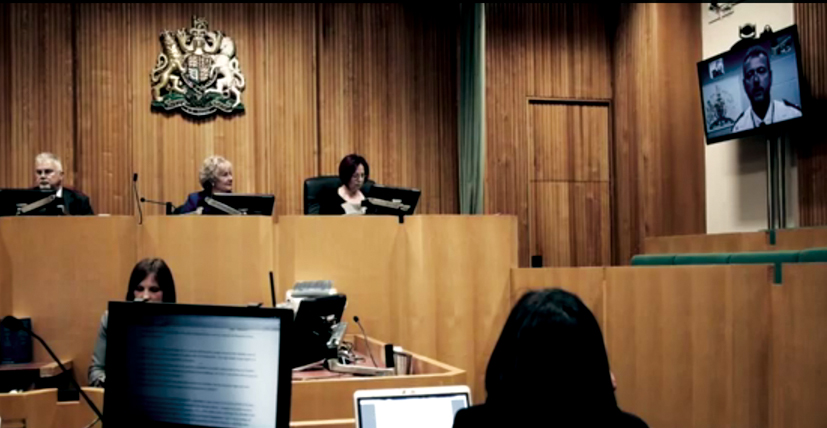The future of criminal justice is digital
Criminal justice in the UK has to embrace radical changes to deliver a fairer and more modern service to the public, from the adoption of digital policing solutions to the wider implementation of digital courts.
Criminal justice in the UK has to embrace radical changes to deliver a fairer and more modern service to the public, from the adoption of digital policing solutions to the wider implementation of digital courts.
That was the overriding message from last months Future of Criminal Justice Management Conference in Manchester.
Jamie Wilson, who is responsible for public safety marketing at NICE Systems, said implementing the digital courtroom was a key aim for the Ministry of Justice £160 million has been invested in video links, wi-fi and improved IT systems to ensure digital evidence can be shared safely and securely.
The Crown Court Digital Case System is already being expanded into early adopter areas following a successful pilot. The online system reduces the need to handle paper case material across the criminal justice system. It means that case material can be accessed, prepared and presented digitally by the judge, clerk, defence, prosecution and probation.
Former Chief Crown Prosecutor Nazir Afzal, one of the conference speakers, said far too many cases take way too long to close.
Cutting case closures from on average one year to six months would benefit all involved, he said, and thats a worthy goal to strive toward.
Kevin McGinty, Chief Inspector for HM Crown Prosecution Inspectorate, also reiterated the need to embrace change in the new age of austerity and service focus.
He said the old (and some would say more personalised) ways of doing things are no longer feasible in todays budget-cutting environment.
For example, complying with digital disclosure requirements is a nightmare for resource-constrained prosecutors, he said, adding that the increase in body-worn camera video will only add to the digital disclosure nightmare and bring this issue more to the forefront.
The rise in cybercrime and social media criminality was another significant issue.
John Davies, director of sales and marketing for Prevade Software and co-founder of the South Wales Cyber Security Cluster, highlighted the growth in denial of service (DoS) attacks and the difficulty in identifying cyber criminals due to anonymity and volume of malicious attacks.
He said the criminal justice system was playing catch-up to cybercrimes and other crimes conducted using social media. For example, in some instances laws do not even exist to successfully prosecute online mass cyber-attacks, he added.
However, Mr Wilson said despite the difficulties, the future of criminal justice is bright.
Whether it means implementing digital courts with expanded internet bandwidth (which enables serving prisoners to give evidence from their prison cells rather than requiring them to be transported to court), or adopting digital policing solutions whereby police investigators and Crown prosecutors can access and manage digital evidence more efficiently and effectively through secure portals, solutions to many of these problems do exist today, he said.
Those involved in the criminal justice process dont need to work harder to achieve better results they just need to work smarter.



